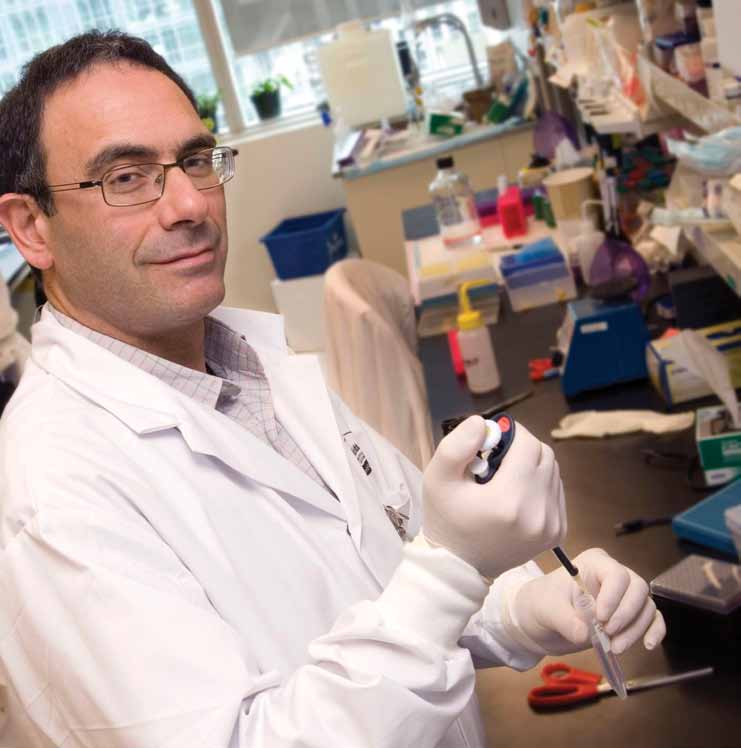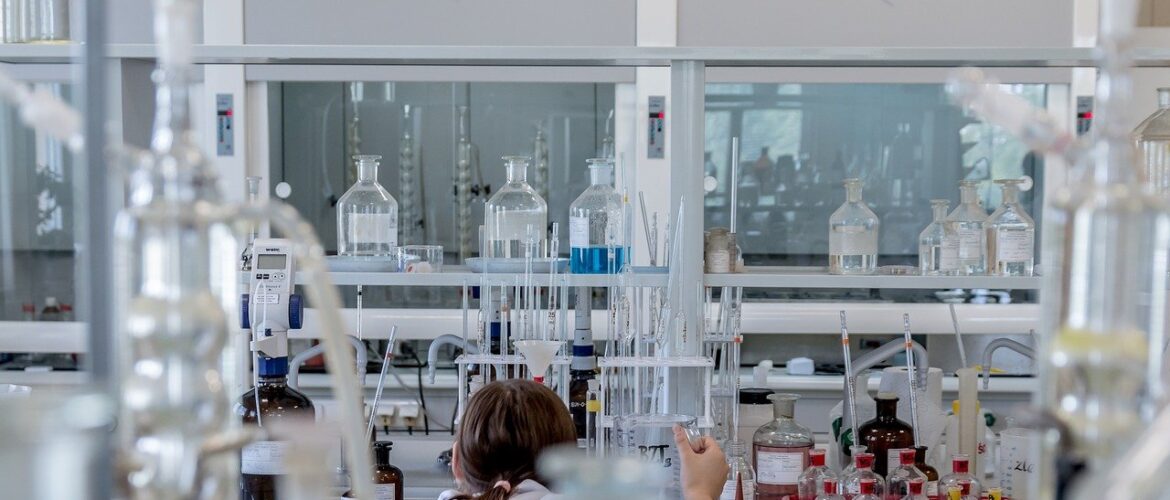As researchers address increasingly complex problems, they’re relying on advanced computing (AC) or supercomputers to help crunch the numbers. ORION launched the Advanced Computing Transforming Innovation in Ontario (ACTION) project to assess the needs, opportunities and economic impact of AC in Ontario as a key step toward improving access and awareness of this important resource. One Toronto researcher and his team from the Hospital for Sick Children prove that advanced computing can lead to groundbreaking results faster, earning their team a 2013 ORION Leadership Award.
Growing up in Lebanon, Dr. Berge Minassian always dreamed of becoming a scientist. In his current roles as Principal Researcher and Neurologist at the Hospital for Sick Children and Associate Professor of Paediatrics at the University of Toronto, he spends about 70% to 80% of his time conducting data-intensive research projects focused on genetics and neurology.
“It is a career that requires a huge amount of effort and sacrifice,” says Dr. Minassian. “Once in a while you will find something really useful and compelling … there is no better feeling than when you do make that discovery.”
The life-changing impact that these discoveries can have is something Dr. Minassian and his team know from experience. Utilizing the power of genomics and advanced computing through the ORION network, they gave children living with a debilitating Parkinson’s-like disease new hope for their future.

Dr. Berge Minassian at SickKids Hospital in Toronto.
After discovering this rare disease affecting the children of a Bedouin family in Pakistan, they used genome sequencing and advanced computing through the Centre for Applied Genomics to quickly pinpoint a common genetic mutation. The mutated gene, involved in the production of dopamine and serotonin in the brain, possessed a single genetic-letter misprint that dramatically reduced its function and produced the Parkinson’s-like disorder. Without access to this type of computing power, these processes —which took mere hours—may have involved months of manual calculation.
With this discovery, the team was able to start testing treatment options and found success in just the second standard drug they administered. The children responded within days.
“If we treated them very young, they responded almost completely,” Minassian explains. “It was magical. These kids, it’s like one day they’re frozen and cannot move and they’re just either sitting or lying, and as soon as we treated them, they get up and start running.”
It is considered an international first that a new disease has been recognized, its cause identified and an effective treatment administered within such a short period of time. Through the use of advanced computing, Dr. Minassian’s team achieved all of this in just two years.
By allowing computers to carry out data-heavy processes, researchers are able to focus on what that data is telling them and work on the solution. This allows teams like Dr. Minassian’s to innovate and discover ways to improve our quality of life far faster than ever before.
Ontario’s researchers are fortunate to have a network of advanced computing centres built specifically to support these types of projects. Though the ACTION project, we’re creating a plan for Ontario to address researchers’ needs, providing opportunities that can yield massive benefits for our society.
Utilizing the power of genomics and advanced computing through the ORION network, they gave children new hope for their future.
-Dr. Berge Minassian, Sick Kids Hospital

